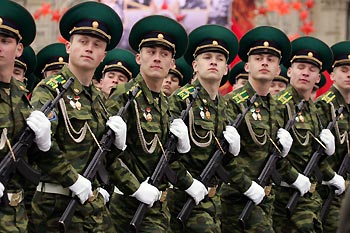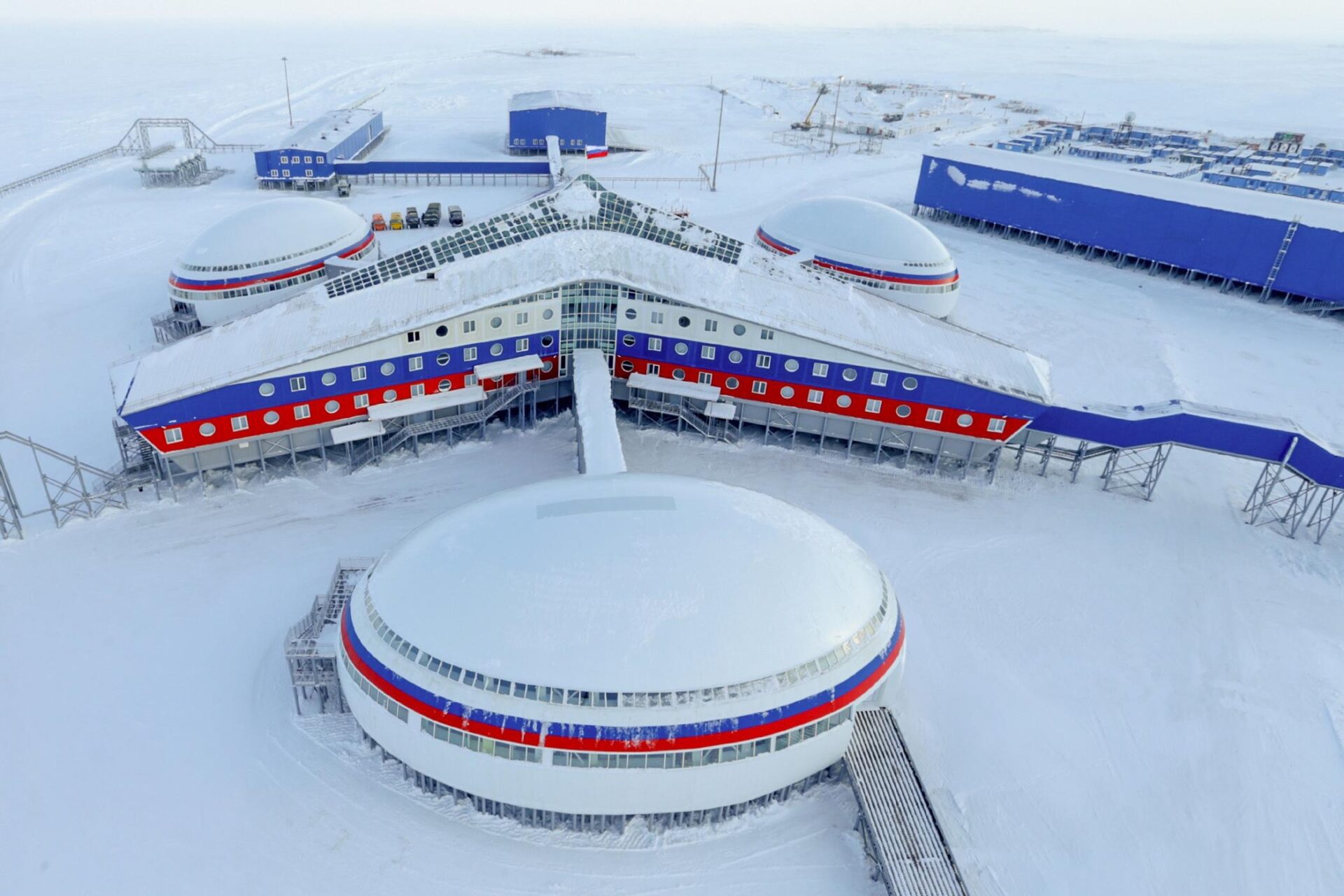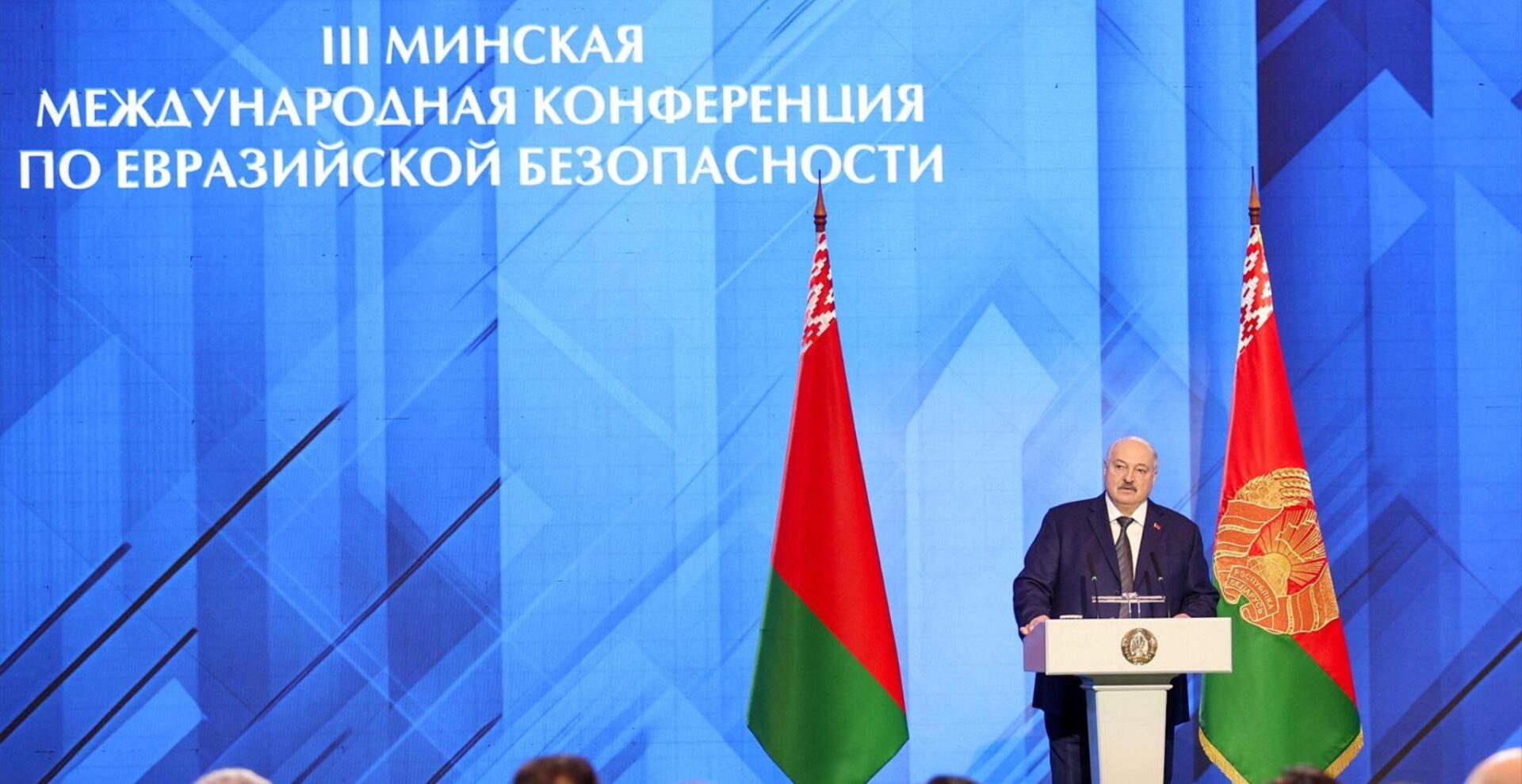
Slashed Russian Officers Re-called to Military Service and Promised Double Pay
Slashed Russian Officers Re-called to Military Service and Promised Double Pay
This week a special meeting chaired by President, Dmitry Medvedev, with Prime Minister, Vladimir Putin, and the entire top Russian leadership in attendance made a final decision to enact a massive military pay increase beginning in January 2012. Defense Minister, Anatoliy Serdyukov, announced “a lieutenant entering service after graduating from the military academy will be paid 50,000 rubles ($1,700) per month.” A source in the interdepartmental working group on military pay told Interfax news agency that a contract soldier may be paid 24,800 rubles monthly ($840), a contract sergeant – 36,600 rubles ($1,240), a colonel brigade commander – 93,800 ($3,180). Today a contract soldier receives some 15,000 rubles ($500) monthly and a lieutenant-graduate – 20,000 rubles ($680), according to defense ministry sources (Interfax, February 2; Vedomosti, February 3).
The pay increase may make military service attractive, but as with almost any Russian reform, the details are unclear and decision-making is secretive. Proclaiming the pay increase, Serdyukov surprised journalists by additionally announcing a sharp increase in the number of active service officers. In October 2008, Serdyukov announced plans to cut the number of officers to 150,000 from 355,000 by 2012. According to Serdyukov in 2008, the Russian military was too top-heavy with an abundance of senior officers and as the overall strength of the military must be reduced to one million, the number of officers should be “fixed” at 15 percent. Now, suddenly, Serdyukov has announced that next year the number of officers will be increased by 70,000 – from 150,000 to 220,000 (Interfax, February 2).
Serdyukov did not offer any plausible explanation of this dramatic change in defense posture and why hundreds of thousands of officers were fired in a hurry to reportedly build a modern fighting force and now suddenly they must be replaced. Serdyukov did not make clear, whether redundant officers will be reinstated or new ones recruited. The defense minister only told journalists: “A decision has been taken, because we are forming additional military units – creating an entire new military branch – the military-space defense” (RIA Novosti, February 2).
Last year a decision was announced that a joint “air-space defense system” (VKO) will be formed in 2011, according to First Deputy Defense Minister and Chief of the General Staff, Army-General Nikolai Makarov: “To form an umbrella to defend the state anytime from ballistic and medium range missiles as well as sea, land and air – launched cruise missiles” (RIA Novosti, December 14, 2010). The new VKO will merge existing antiaircraft guided missile units with existing and future ballistic missile defense (BMD) assets, but it cannot possibly absorb 70,000 additional officers in 2011 or later. Apparently, only a small fraction of the additional officers will be serving in the new VKO (Vedomosti, February 3). Serdyukov’s statement was not a clarification, but an arrogant rebuff of legitimate public concern. In addition, Serdyukov wrongly identified the VKO as “military-space defense.”
Neither Serdyukov, nor any other official disclosed the additional cost to the national budget of a more than twofold military pay hike together with an increase of 50 percent in the number of officers. Medvedev announced that pay will be substantially increased for all personnel serving in all departments and ministries that have militarized service personnel and there will be, “a substantial increase” in military pensions for millions of retirees (www.kremlin.ru, February 2). Serdyukov told journalists “a decision may be made within a month to hire several tens of thousands of extra contract soldiers” or kontraktniki (Vedomosti, February 3). The Russian defense budget is cloaked in overwhelming secrecy. The budgets of militarized security services are even less transparent. The “decision has been made” to drastically increase expenditure, but no one has told the taxpayers a word about how much exactly they will be forced to pay.
The actual numbers of personnel are equally hazy. Last summer the Chairman of the Federation Council (upper house of parliament) Defense Committee, Viktor Ozerov, told reporters: “15 percent of the armed forces personnel are officers and 25 percent – kontraktniki,” which would seem to mean: 150,000 officers and 250,000 kontraktniki in a million-strong force (RIA Novosti, July 7). At a secret (closed) Duma session in December 2010, Serdyukov reportedly admitted there were 181,000 officers and 120,000 kontraktniki serving in the armed forces (EDM, January 18). This week Serdyukov claimed there were 150,000 officers and 180,000 kontraktniki serving (Interfax, February 2). All military personnel numbers are officially secret, with the public as well as parliament are kept in the dark.
Last September, Russia’s military academies stopped admitting new cadets, because the defense ministry announced that it already had too many officers. At present fresh graduate officers, as well as officers whose jobs have been cut in the process of the radical military reform, are offered to fill sergeant staff posts, or become kontraktniki, or retire (EDM, September 9, 2010). Today, some 5,000 officers are reported to be filling sergeants’ positions, while the plan to train new processional sergeants is faltering. The army is reported to have at present only 500 cadets being trained as professional sergeants (the full course lasts 34 months). In 2011, the army plans to recruit just 2,000 new sergeant-cadets, while Defense State Secretary, Army-General (retired) Nikolai Pankov, announced that the defense ministry needs 250,000 professional sergeants (Nezavisimaya Gazeta, February 2).
The Russian military is today experiencing a severe manning crisis – it has virtually no quality NCO’s and little prospect to receive any soon. Its conscript soldiers serve only for one year, are poorly trained and motivated, and their numbers are dwindling because of the demographic crisis (EDM, January 20). At the same time, military academies will produce some 15,000 new lieutenants annually for up to 4 years ahead, even if new cadets are not recruited (EDM, September 9).
Maybe Serdyukov’s surprise surge in officer numbers is an improvised crisis management measure intended to fill sergeant and contract soldiers’ positions with the extra officers. It is impossible to know, because military reform, like virtually any other reform in Putin’s Russia, lacks transparency or accountability. Russia is a corrupt and secretive autocracy, where all major decisions are ultimately made by one person – Putin. Parliament is a worthless rubber stamp, elections are rigged and citizens are meek subjects. In Russia it does not make any sense spending time explaining decisions or disclosing information to serfs in uniform, who must follow orders as they arrive without questions.


